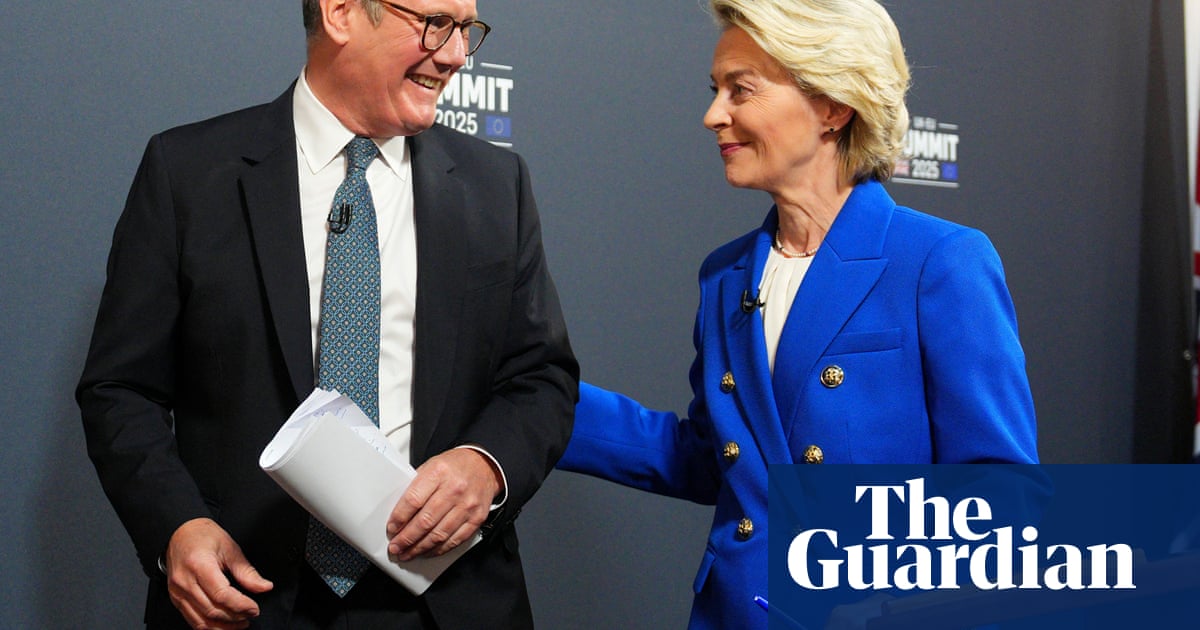The article explores the recent announcement of new agreements between Britain and the EU, suggesting a potential shift towards a post-Brexit relationship. This news comes at a time when public sentiment appears to be shifting, reflecting fatigue over the Brexit debate and its associated challenges.
Intent Behind the Article
The announcement seems to be aimed at creating a sense of optimism regarding the future of UK-EU relations, indicating a desire to move past the contentious Brexit discussions. By framing the agreements as a positive development, the article seeks to foster hope among the public, signaling the potential for improved relations and reduced tensions.
Public Perception
There is an evident attempt to capture a changing public mood, one that is weary of the divisive nature of Brexit. The article suggests that the populace is not only tired of the ongoing arguments but also the practical inconveniences that Brexit has caused. This could serve to unite a fragmented society by focusing on the benefits of collaboration rather than division.
Potential Omissions
While the article emphasizes the positive aspects of these agreements, it may downplay the complexities and challenges that lie ahead. The mention of Reform UK's rise in the polls hints at underlying political tensions that could complicate the government's approach to EU relations. This aspect of the political landscape is critical and may not be fully addressed in the article.
Manipulative Elements
The article appears to carry a moderate level of manipulative intent, primarily through its optimistic framing. The language used could be perceived as steering public opinion towards a more favorable view of the government's actions, potentially glossing over dissenting views or the realities of the agreements.
Trustworthiness of the Article
The information presented seems credible, given the sourcing from established media outlets. However, the framing may lead readers to interpret the developments more positively than warranted. The article's reliance on quotes from political analysts adds credibility but may still reflect a bias towards a certain narrative.
Impact on Society and Politics
The implications of this announcement could be significant for British society and politics. If the government successfully navigates these agreements, it may enhance their standing among voters fatigued by Brexit. Conversely, any perceived failures could embolden opposition parties, particularly those like Reform UK, and exacerbate political divides.
Target Audience
This piece likely resonates more with individuals who lean towards a pro-EU stance or those who are generally supportive of government efforts to stabilize and improve international relations post-Brexit. It may not appeal as strongly to those who are critical of the EU or who advocate for a harder stance in negotiations.
Market Influence
In terms of financial markets, the news could positively affect UK stocks, particularly those related to exports and trade with the EU. Companies that have faced challenges due to Brexit may see a rally in their stock prices if these agreements signal reduced barriers to trade.
Geopolitical Context
From a broader perspective, this development reflects ongoing negotiations and dynamics within Europe, where the balance of power and relationships between nations are in constant flux. This news connects to larger discussions about post-pandemic recovery and how countries are redefining their international relationships.
Role of AI in Article Creation
While it's not explicitly stated that AI was used in crafting this article, the structured nature and clarity of the writing could suggest the involvement of AI tools. Such tools may have aided in organizing the content or generating a specific tone, particularly in emphasizing a positive outlook.
The overall analysis indicates that while the article portrays an optimistic view of recent developments, it may not fully encapsulate the complexities of the political landscape surrounding Brexit. The emphasis on a new era could serve to manipulate public sentiment towards a more favorable view of the current government's policies.
